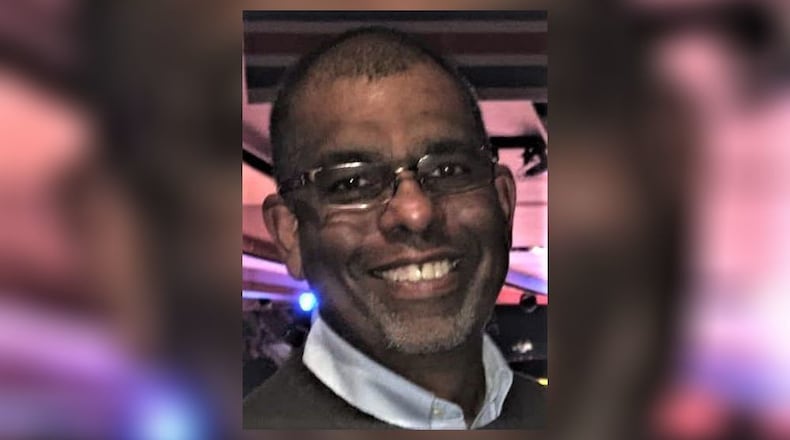It’s not that they ask, which is fine. It’s the angst I see in their faces, hear in their voices, and read in their emails. It’s the anger in their social media posts and their spiteful responses to anyone who disagrees.
This election could be the closest ever, in terms of vote totals in the swing states, and that’s ratcheting up the anxiety.
Last week, the American Psychological Association released the report, “Stress in America, 2024: A nation in political turmoil.” It’s a doozy of a read and helps explain the unease.
Nearly seven in 10 Americans of both political parties agonize about the country’s future, the report said. More than eight in 10 believe voters make decisions based on false information. Nearly half of those surveyed said they wouldn’t date someone from the opposite party. Thankfully, there’s another half that has more sense (and maybe a wider dating pool).
We have all of this angst and stress because this election will determine whether we save democracy from the evils of the other party.
We’ve had political upheavals before. Understanding the past might bring a little solace.
The election of 1800 was an ugly, partisan affair (sound familiar?) that ushered in a realignment of the American political system. The “Revolution of 1800″ was plagued by everything that concerns us today.
The Federalist candidate, John Adams, accused his opponent. Thomas Jefferson of seeking changes to the Constitution. Jefferson called Adams a monarchist, which was as evil as calling Ronald Reagan a liberal.
A newspaper that supported Adams warned of Armageddon if Jefferson won. “There is scarcely a possibility that we shall escape a Civil War. Murder, robbery, rape, adultery, and incest will be openly taught and practiced,” it screamed with hyperbole.
The angst happened before fires broke out at the War and Treasury departments, causing the government to worry about an insurrection. (Sound familiar?)
Trump and Ohio Sen. J.D. Vance made political hay when they demonized Haitians in Springfield by falsely claiming the immigrants, here legally, were taking and eating cats and dogs. As repulsive as that is, American politicians have a history of using the specter of a nonwhite invasion to whip up their base. Check this out:
“I say the class of immigrants coming to the shores of the United States at this time are not the kind of people we want as citizens in this country.” You might think that’s Trump, but it’s not. That was Congressman James McClintic, a Democrat from Oklahoma in 1921. (Yes, in a bygone era, much of the south was represented by Democrats).
How about this?
“I pick up the telephone and call the local garage. I can’t understand the person on the other side of the line. I’m not sure he can understand me. They’re all over the place, and they don’t speak English. Do we want more of this?” That was Democratic Sen. Robert Byrd in 1992.
Voters aren’t hearing anything new. Politicians recycle arguments from the past because they know most voters are gullible enough to keep falling for them.
Gullibility leads to trepidation and an inability to see that the issues aren’t new. We have different candidates who present issues in a way that sounds new and threatening.
In other words, politicians play on angst to manipulate voters who fall for it.
Remember this?
“It’s time to get these hardened criminals off the street and into jail.”
Ronald Reagan said that in 1982. Trump says it differently and does a better job of feeding the angst.
Wake up, people. None of what you’re hearing is new. Your angst is misplaced. Direct it at those who exploit you for a vote.
Ray Marcano’s column appears on these pages every Sunday.
About the Author
